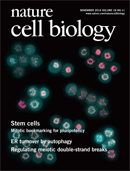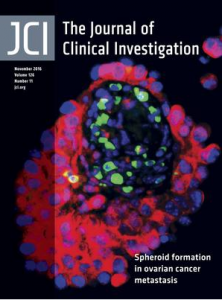 The German Research Foundation (DFG) has announced today that it is withdrawing a professorship it awarded leading diabetes researcher Kathrin Maedler in 2014.
The German Research Foundation (DFG) has announced today that it is withdrawing a professorship it awarded leading diabetes researcher Kathrin Maedler in 2014.
In recent years, Maedler — based at the University of Bremen in Germany — has faced questions about her work, including allegations of duplication and image manipulation. So far, she has issued one retraction, two expressions of concern, and multiple corrections. After an investigation, the University of Bremen concluded last month that Maedler’s work contained several duplications that were the result of negligence, noting there is not enough evidence to support charges of scientific misconduct.
But this hasn’t stopped the DFG from revoking the prestigious Heisenberg professorship it awarded Maedler in 2014. A Google-translated version of statement released by the DFG (in German) today concludes that Maedler did, in fact, commit misconduct, as she
Continue reading Diabetes researcher loses prestigious professorship

 Last week, we learned a 2016 paper heavily discussed on PubPeer
Last week, we learned a 2016 paper heavily discussed on PubPeer 



 Researchers have retracted their third paper due to missing original data, following an investigation at their former institution in New York.
Researchers have retracted their third paper due to missing original data, following an investigation at their former institution in New York. 